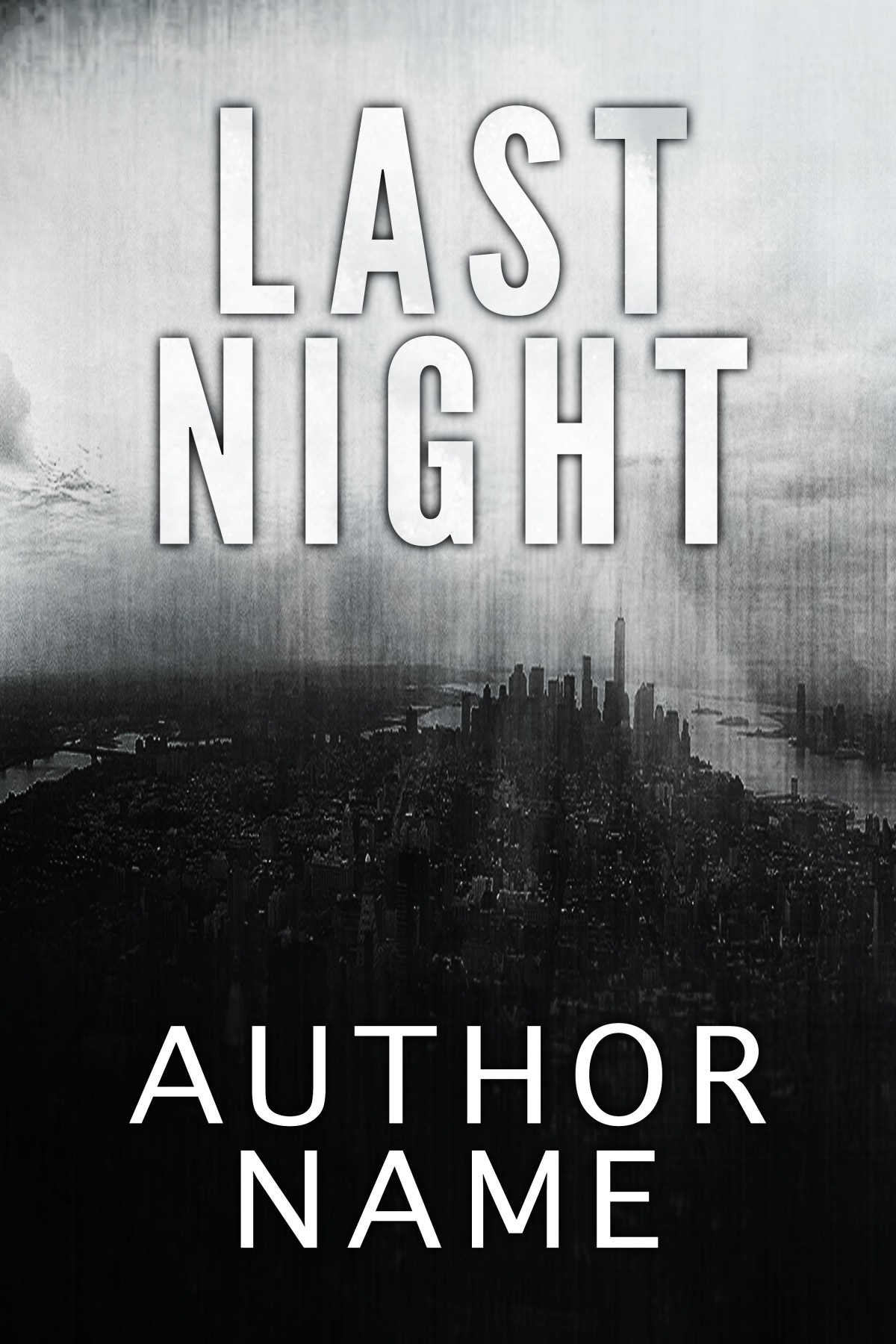
I won't reveal its denouement, except to hint that the "last" in the title is a pun: the night before, and also the final night. In fact, some of the stories make insouciant reference to famous, heavily plotted tales of yore, as "Platinum" does to "The Necklace," Guy de Maupassant's classic.Īll of the stories in "Last Night" are superb, but the title story is the tautest and most memorable.
ABOUT LAST NIGHT BOOK SERIES
Her face was like a series of photographs, some of which ought to have been thrown away." Despite the meditative surface of these stories, each has an actual plot, an event or crisis aching to be resolved. He doesn't want anyone to be able to say of these stories, as one man here notes of his wife: "She could be good-looking but there were times when she was not. Yet Salter seems mindful of creating just images. The rest was a long novel so like your life you were going through it without thinking and then one morning it ended: there were bloodstains." "Certain memories are what you long to take with you," a dying woman thinks about her childhood.

Images, Salter implies, are what cling to us most, what compel us. Literally hounding her, the dog functions as a metaphor of her own frayed marriage, yet the animal is still very much a vibrant, living thing, "the clatter of his nails like falling stones." Hair wet, deep in the emptiness of days, she walked her bicycle up the road, the dirt velvety beneath her feet." On this excursion she first encounters the forlorn, hungry dog of an unstable poet she met at a party.

Here the lonely married woman in "My Lord You" swims alone: "She came out of the ocean and dried herself. His prose is almost painterly, giving a Vermeer-like sense of stillness and privacy. His characters drift in thought, maybe with a stiff drink in hand, or brood on long walks. Salter excels at describing solitary states. "You can't have ecstasy daily," he warns, to which she replies, "No, but you can have something as good. She tries to coax him into leaving his wife and daughter, dangling the promise of a ménage à trois. A rare book dealer gets an unwelcome visit from an old lover. A man and his extravagantly rich father-in-law discover that they have the same mistress. A wife demands that her husband abandon his gay lover, a close family friend. Most of these stories involve a spectacular betrayal. "There were crumpled napkins on the table, wineglasses still with dark remnant in them, coffee stains and plates with bits of hardened Brie." Not only does he enter midscene, often midconversation, but midlife - with characters, clinging to their pasts, struggling to make sense of their passions and failures.Ī writer for a business weekly is on his second marriage, but it isn't going much better than his first, which ended in a blaze when he fell in love with his son's tutor.
ABOUT LAST NIGHT BOOK FULL
Salter has an inimitable way of entering a story not at the beginning, but in the middle - not just late for the dinner but toward the party's grim tail end, in full hangover glare.

The 10 stories in his new collection, "Last Night," showcase his skill in composing revelations from the ephemera of moments. Salter's previous collection of short fiction was called "Dusk," the time that best suits his writerly sensibility - the glinting light you try to capture before it disappears. Life is a volatile mess, and no one portrays that mess better than James Salter. A writer can't serve up tidy "slices of life," ingredients measured and premixed.


 0 kommentar(er)
0 kommentar(er)
